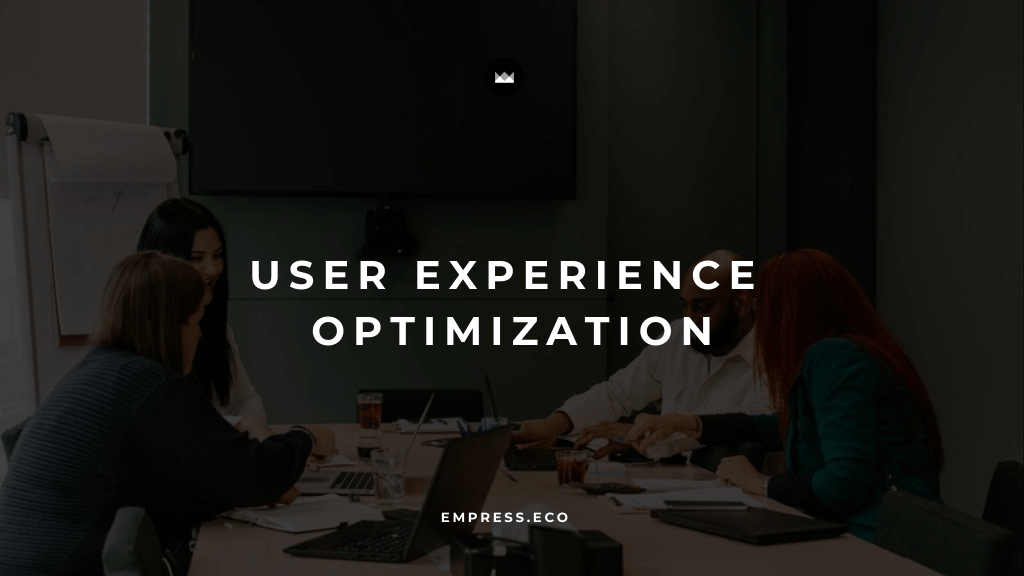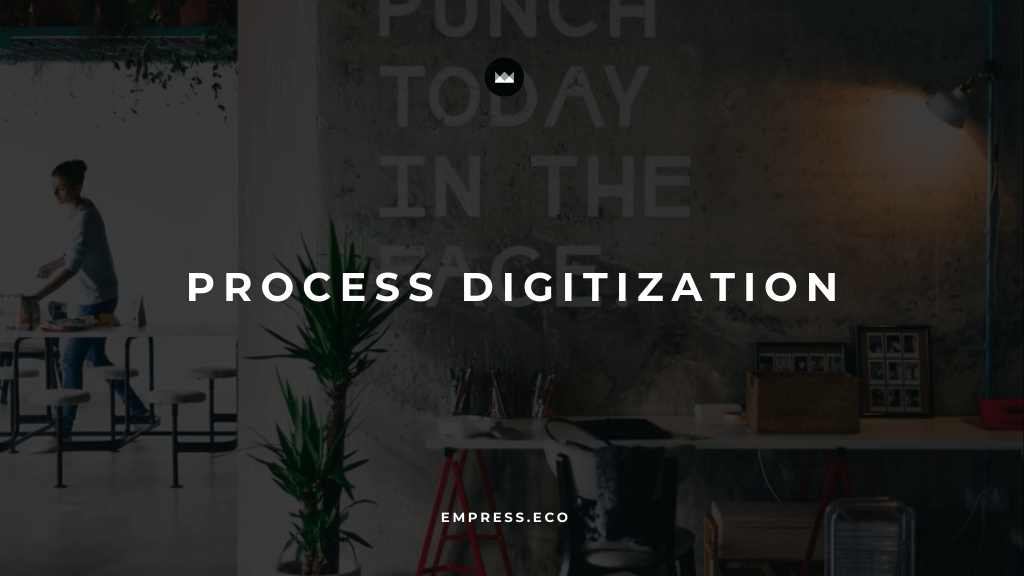Artificial intelligence (AI) is revolutionizing how businesses operate, offering unprecedented opportunities for strategic growth and development. By leveraging AI, companies can gain critical insights, enhance decision-making processes, and identify new market opportunities that were previously unattainable. In this blog, we will examine the role of AI in shaping the future of business development and highlight case studies of businesses that have successfully leveraged AI to gain a competitive edge.
AI in Strategic Business Insights
AI technologies, such as machine learning and data analytics, empower businesses to analyze vast amounts of data and extract valuable insights. Here are some ways AI can provide strategic business insights:
- Predictive Analytics: AI can analyze historical data to predict future trends and behaviors. This helps businesses anticipate market shifts, customer needs, and potential risks, allowing them to make proactive decisions.
- Market Analysis: AI can process and analyze data from various sources to identify emerging market trends and opportunities. This enables businesses to stay ahead of the competition and capitalize on new market segments.
- Customer Insights: By analyzing customer data, AI can uncover patterns and preferences, helping businesses to tailor their products and services to meet customer demands more effectively.
Enhancing Decision-Making with AI
AI enhances decision-making by providing accurate, data-driven insights that reduce uncertainty and improve outcomes. Here are some ways AI can enhance decision-making:
- Automated Data Analysis: AI can automate the analysis of complex data sets, providing clear and actionable insights quickly. This saves time and reduces the potential for human error.
- Scenario Planning: AI can simulate various business scenarios and predict their outcomes. This helps businesses to evaluate different strategies and choose the best course of action.
- Real-Time Monitoring: AI systems can monitor business operations in real-time, alerting decision-makers to any anomalies or potential issues. This enables rapid response and continuous improvement.
Identifying Market Opportunities with AI
AI can identify new market opportunities by analyzing trends, customer behaviors, and competitive landscapes. Here are some ways AI helps businesses discover new opportunities:
- Trend Analysis: AI can track and analyze trends in real-time, allowing businesses to identify emerging opportunities and adapt their strategies accordingly.
- Competitive Analysis: AI can analyze competitors’ activities and market positions, helping businesses to identify gaps and opportunities for differentiation.
- Customer Segmentation: By segmenting customers based on their behaviors and preferences, AI can help businesses identify underserved segments and tailor their offerings to meet specific needs.
Case Study: Leveraging AI for Strategic Advantage
To illustrate the transformative power of AI in business development, let’s consider a case study of a technology company that successfully leveraged AI to gain a competitive edge.
The Challenge
The company faced challenges in understanding market trends, making data-driven decisions, and identifying new growth opportunities. Traditional methods were time-consuming and often led to missed opportunities.
The Solution
The company partnered with Empress to integrate AI-driven solutions into their business development strategies. Here’s how they leveraged AI:
- Predictive Analytics: The company used AI to analyze historical sales data and predict future demand. This helped them to optimize their inventory and production schedules, reducing costs and increasing efficiency.
- Market Analysis: AI tools were used to analyze market data from various sources, identifying emerging trends and potential growth areas. This enabled the company to enter new markets ahead of their competitors.
- Customer Insights: By analyzing customer data, the company gained a deeper understanding of customer preferences and behaviors. This allowed them to tailor their marketing and sales strategies, resulting in higher customer satisfaction and increased sales.
The Results
The implementation of AI-driven solutions led to significant improvements in business performance:
- Increased Sales: The company saw a 30% increase in sales within the first year, driven by better market insights and targeted strategies.
- Cost Savings: Optimized inventory management and production schedules led to a 20% reduction in operational costs.
- Enhanced Decision-Making: AI-enabled real-time monitoring and scenario planning improved the accuracy and speed of decision-making.
Future Trends in AI for Business Development
As AI technology continues to advance, its impact on business development will only grow. Here are some future trends to watch:
- AI-Driven Personalization: AI will enable hyper-personalization, tailoring products, services, and marketing messages to individual customers’ preferences and behaviors.
- Integration with IoT: The integration of AI with the Internet of Things (IoT) will provide businesses with real-time data from connected devices, enhancing operational efficiency and customer experiences.
- Ethical AI: As AI becomes more prevalent, there will be a growing focus on ethical AI practices, ensuring that AI systems are transparent, fair, and aligned with human values.
- AI in Innovation: AI will play a crucial role in driving innovation, helping businesses to develop new products and services, and enter new markets.
Implementing AI in Your Business
Implementing AI in your business can seem like a daunting task, but with the right approach, it can be a smooth and rewarding process. Here are some steps to consider:
- Assess Your Needs: Identify the areas of your business where AI can have the most impact. This could be in customer support, marketing, sales, or operations.
- Choose the Right Tools: There are many AI tools available, each with its strengths and weaknesses. Choose tools that align with your business needs and goals.
- Start Small: Implement AI in one area of your business first. This will allow you to test the technology and make adjustments before rolling it out more broadly.
- Measure Success: Track key metrics to measure the success of your AI implementation. This could include customer satisfaction scores, response times, and sales figures.
- Iterate and Improve: AI technology is constantly evolving, so it’s important to continuously iterate and improve your AI strategies.
Conclusion
Harnessing AI to enhance customer experience is not just a trend; it is a necessity for businesses aiming to thrive in a competitive market. By understanding and improving customer interactions through AI, companies can deliver personalized, efficient, and satisfying experiences that drive customer loyalty and business growth. Empress is committed to helping businesses leverage AI technology to transform their customer experience, ensuring they stay ahead of the curve and continue to meet the evolving needs of their customers.
For more insights on how AI can revolutionize your customer experience, contact Empress today and discover the possibilities of AI-driven customer interactions.



